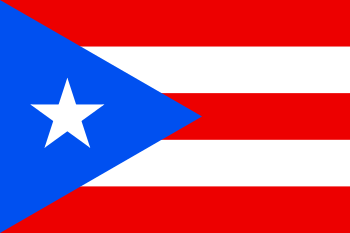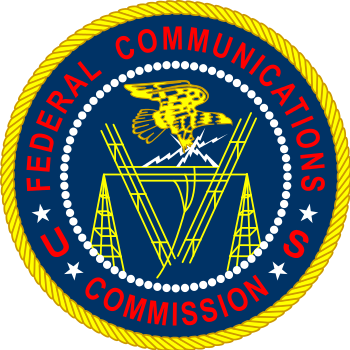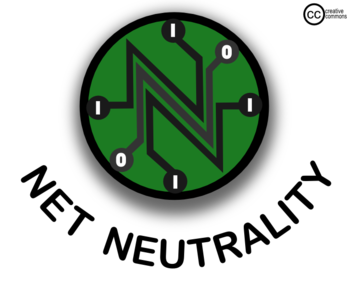
Flag of Puerto Rico (Photo credit: Wikipedia)
The Governor of Puerto Rico, Alejandro Garcia Padilla, has announced the official launch of the ‘Gigabit Island’ plan, with the goal that in five years 99% of households will have access to download speeds of at least 10Mbps, while 1Gbps services should be accessible in 70% of homes within the same timeframe. As reported by Telesemana, the Gigabit programme is guided by the public-private Puerto Rico Broadband Taskforce (PRBT) under a remit to continue the work accomplished by Puerto Rico’s Strategic Plan for Broadband (2012), and the current strategy recommends a number of actions to promote the development of broadband, including: continuing geographical broadband expansion; beginning work on monitoring, measurement and evaluation of the impact of broadband on the economy; lowering costs of building broadband systems; ensuring access to poles, ducts and other public and private sites for the deployment of infrastructure; and promoting public-private partnerships to stimulate local demand. According to the executive summary of the Gigabit Island plan, by June 2014 around 77.8% of households were covered by broadband access networks with speeds of at least 10Mbps (download)/1.5Mbps (upstream), while an estimated 52.9% of households had the possibility of connecting at 100Mbps (download). Additionally, the report notes that 99.9% of households in the country had mobile broadband coverage with speeds of ‘up to 3Mbps downstream and 768kbps upload’. Continue reading








